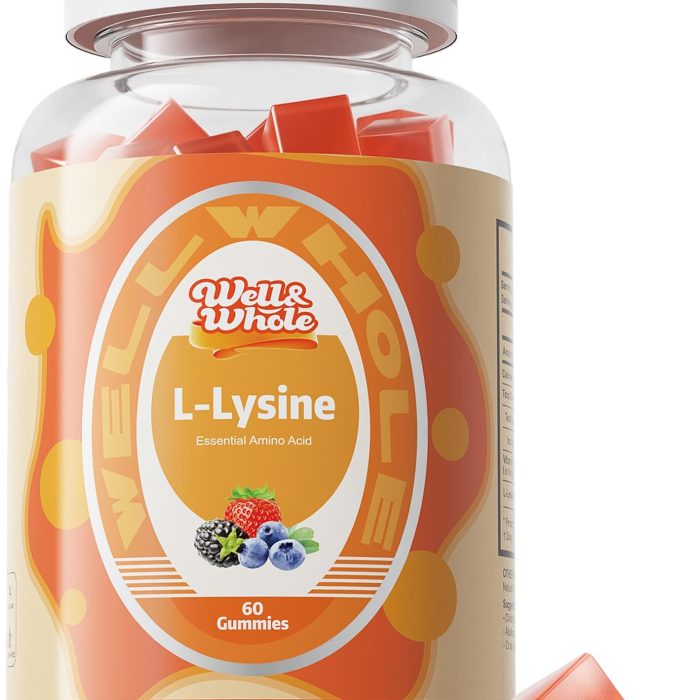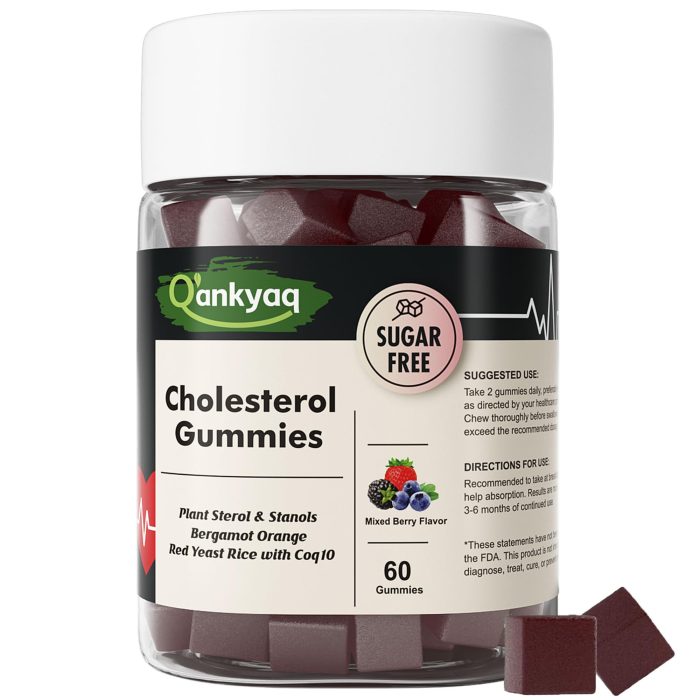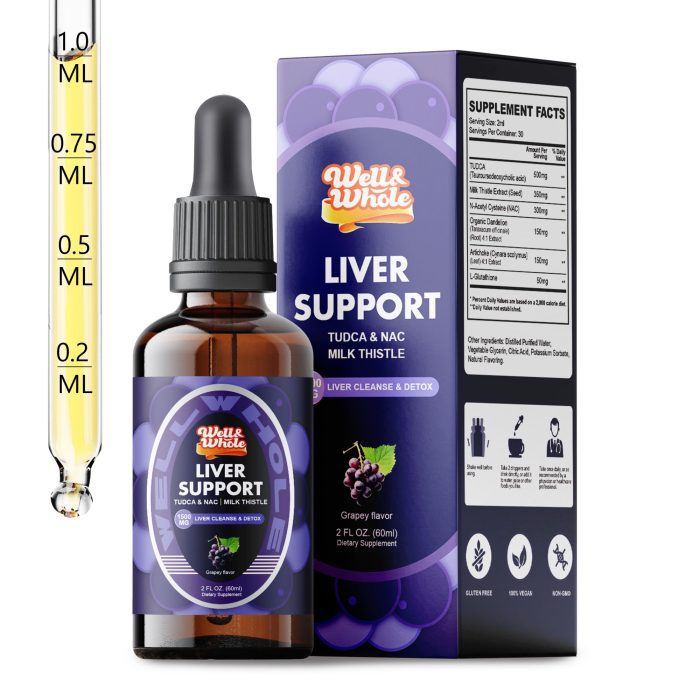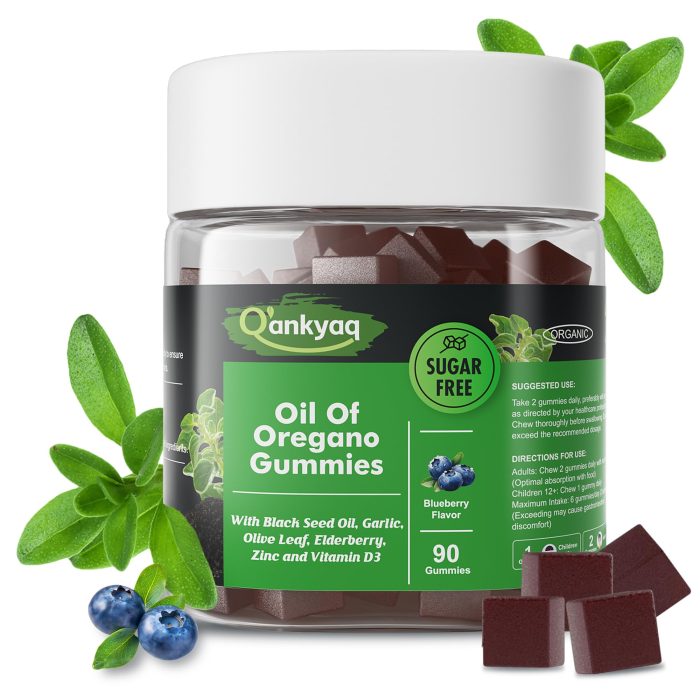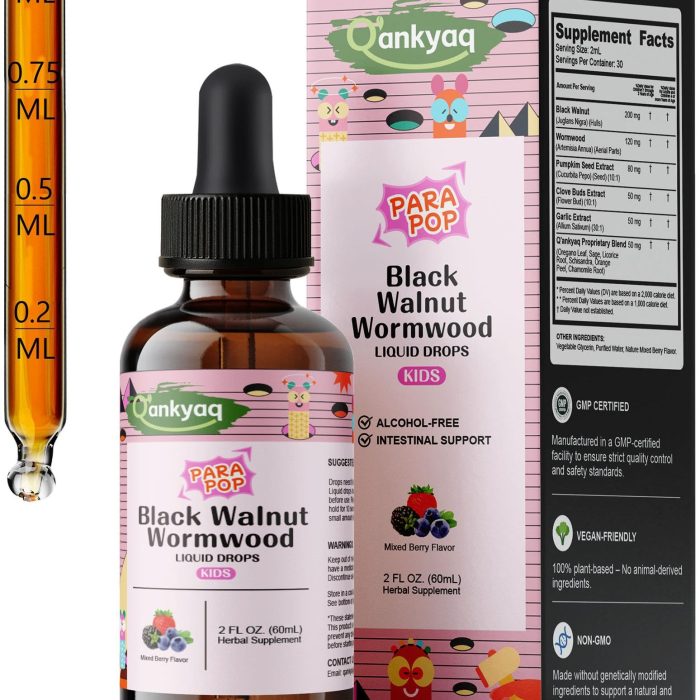When expecting a baby, every decision about diet, supplements, and lifestyle takes on greater importance. One such decision that often comes up is whether beef liver supplements are safe during pregnancy. As a rich source of nutrients, beef liver boasts benefits that could potentially support both the mother and the developing baby. However, there are a few critical points to consider before including beef liver supplements in a prenatal routine.
Benefits of Beef Liver for Pregnant Women
Beef liver is often called nature’s multivitamin due to its impressive nutritional profile. It provides a variety of essential vitamins and minerals, such as:
- Vitamin A – Known for its role in supporting vision, immune function, and fetal development.
- Iron – Crucial for preventing anemia and ensuring adequate oxygen supply to the baby.
- Vitamin B12 – Helps with red blood cell production and neurological development.
- Choline – Supports baby’s brain development and helps prevent neural tube defects.
For women experiencing pregnancy-related fatigue, the iron and B12 in beef liver can be especially beneficial in boosting energy levels and encouraging red blood cell production. Moreover, the rich concentration of nutrients in beef liver can help fill gaps in a pregnant woman’s diet without the need for an overwhelming variety of supplements.
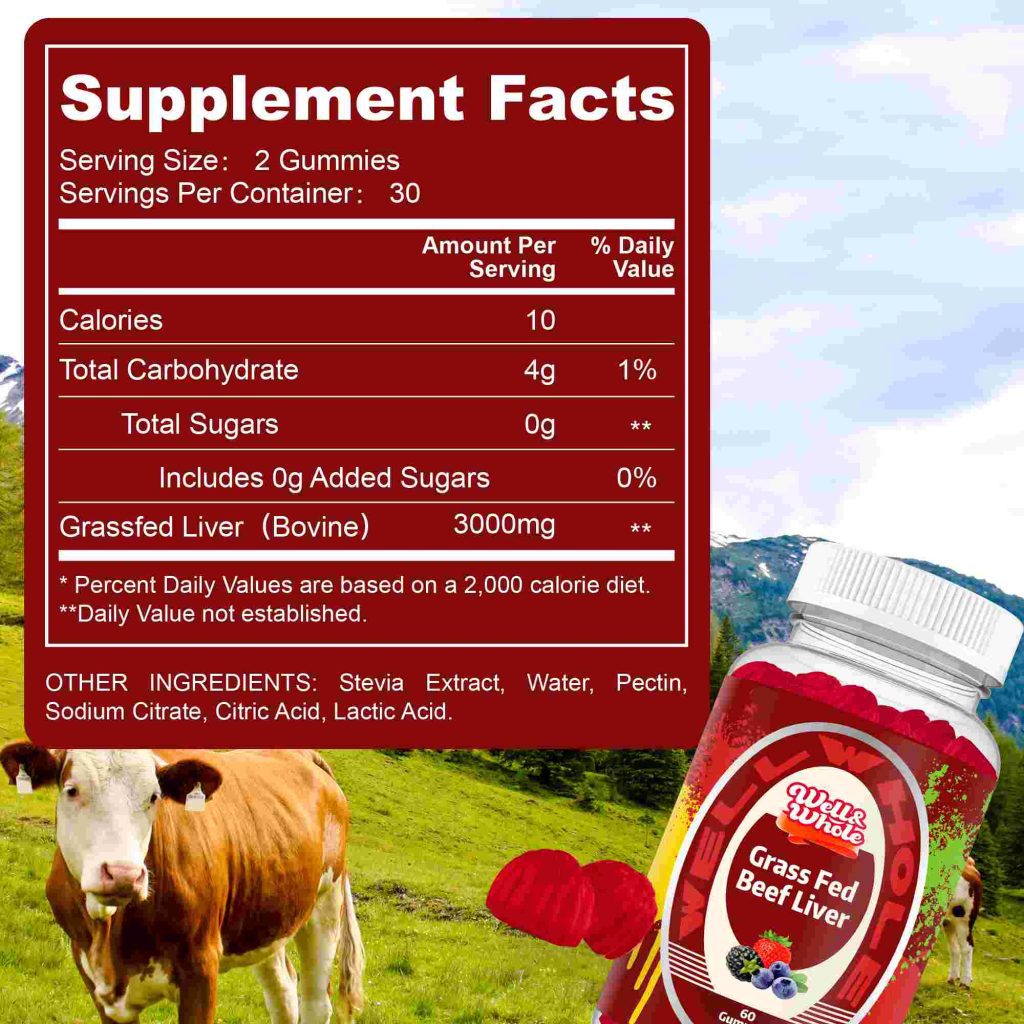
Potential Concerns with Beef Liver Supplements During Pregnancy
While beef liver comes packed with nutrients, the primary concern lies in Vitamin A toxicity. This nutrient exists in two forms: retinol (found in animal products like liver) and beta-carotene (found in plants). Retinol, the form of Vitamin A found in beef liver, is fat-soluble, meaning excess amounts can build up in the body and potentially cause complications. High doses of retinol during pregnancy have been linked to birth defects and developmental issues.
Most health experts recommend monitoring retinol intake during pregnancy to ensure it doesn’t exceed safe limits. According to the National Institutes of Health (NIH), pregnant women should not consume more than 10,000 IU (international units) of Vitamin A per day from all sources, including supplements. Since beef liver is naturally high in Vitamin A, even small amounts can quickly exceed this threshold without careful management.
Choosing the Right Supplement: A Balanced Approach
If you’re considering beef liver supplements, it’s crucial to find a product that is regulated, trustworthy, and tailored for pregnancy. Companies like Well&Whole, which specialize in high-quality, natural health supplements, offer carefully crafted formulations that meet strict safety standards. Their beef liver supplements are sourced from grass-fed, pasture-raised cattle and designed with optimal doses of nutrients—perfect for health-conscious consumers.
However, even with a trusted brand such as Well&Whole, it’s essential to consult with a healthcare provider before incorporating any supplement into your diet while pregnant. A doctor can assess your current levels of Vitamin A and other nutrients to help determine if beef liver supplements are a good fit for your prenatal health plan or if alternative options might be safer.
Alternative Ways to Support Pregnancy Health
If you’re hesitant about taking beef liver supplements, there are plenty of other ways to ensure proper nutrition during pregnancy. Well&Whole also offers a range of prenatal vitamin options, providing a balanced mix of essential nutrients like folic acid, iron, and omega-3 fatty acids. Additionally, consuming a varied diet rich in leafy greens, lean proteins, whole grains, and fresh fruits can help provide the building blocks your body needs to support a healthy pregnancy.
Final Thoughts
While beef liver supplements are undoubtedly nutrient-dense, their high Vitamin A content makes them a supplement to approach with caution during pregnancy. For women looking to enhance their prenatal nutrition, consulting with a healthcare provider and choosing a trusted brand like Well&Whole can make all the difference in achieving a healthy and balanced approach. Safety should always come first when nurturing both your body and your growing baby.


